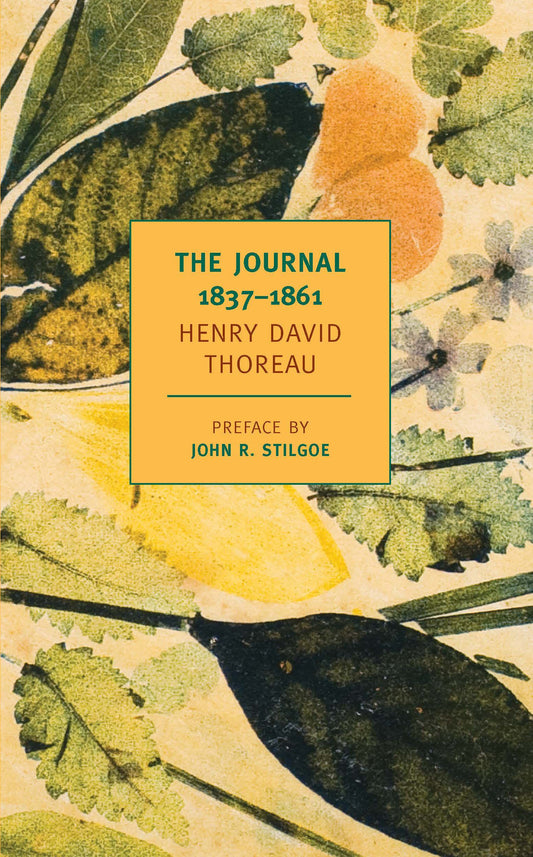Collection:
Henry David Thoreau
Henry David Thoreau (1817-1862) was born and lived the greater part of his life in Concord, Massachusetts. He studied at Harvard, where he became a disciple of Emerson, and after graduating in 1837 returned to Concord to teach school with his brother. In Concord, he became acquainted with the members of the Transcendentalist Club and grew especially close to Emerson, for whom he worked as a handyman. Thoreau also began to write for The Dial and other magazines, and in 1839 he made the boat trip that became the subject of his first book, A Week on the Concord and Merrimack Rivers (1849). On July 4, 1845, he moved into the hut he’d constructed on Walden Pond, where he remained until September 6, 1847—a sojourn that inspired his great work Walden, published in 1854. In the 1850s, Thoreau became increasingly active in the abolitionist cause, meeting John Brown at Emerson’s house in 1857 and, after the attack on Harpers Ferry, writing passionately in Brown’s defense. Short trips to Maine and Cape Cod resulted in two post-humously published books (The Maine Woods and Cape Cod), and a visit to New York led to a meeting with Walt Whitman. Suffering from tuberculosis, Thoreau traveled to the Great Lakes for the sake of his health, but finding no improvement and realizing that he was going to die, returned home to Concord to put his papers in order and to write his final essays, drawing as always on the Journal, the work that was the source of all his other works and the defining undertaking of his adult life.





